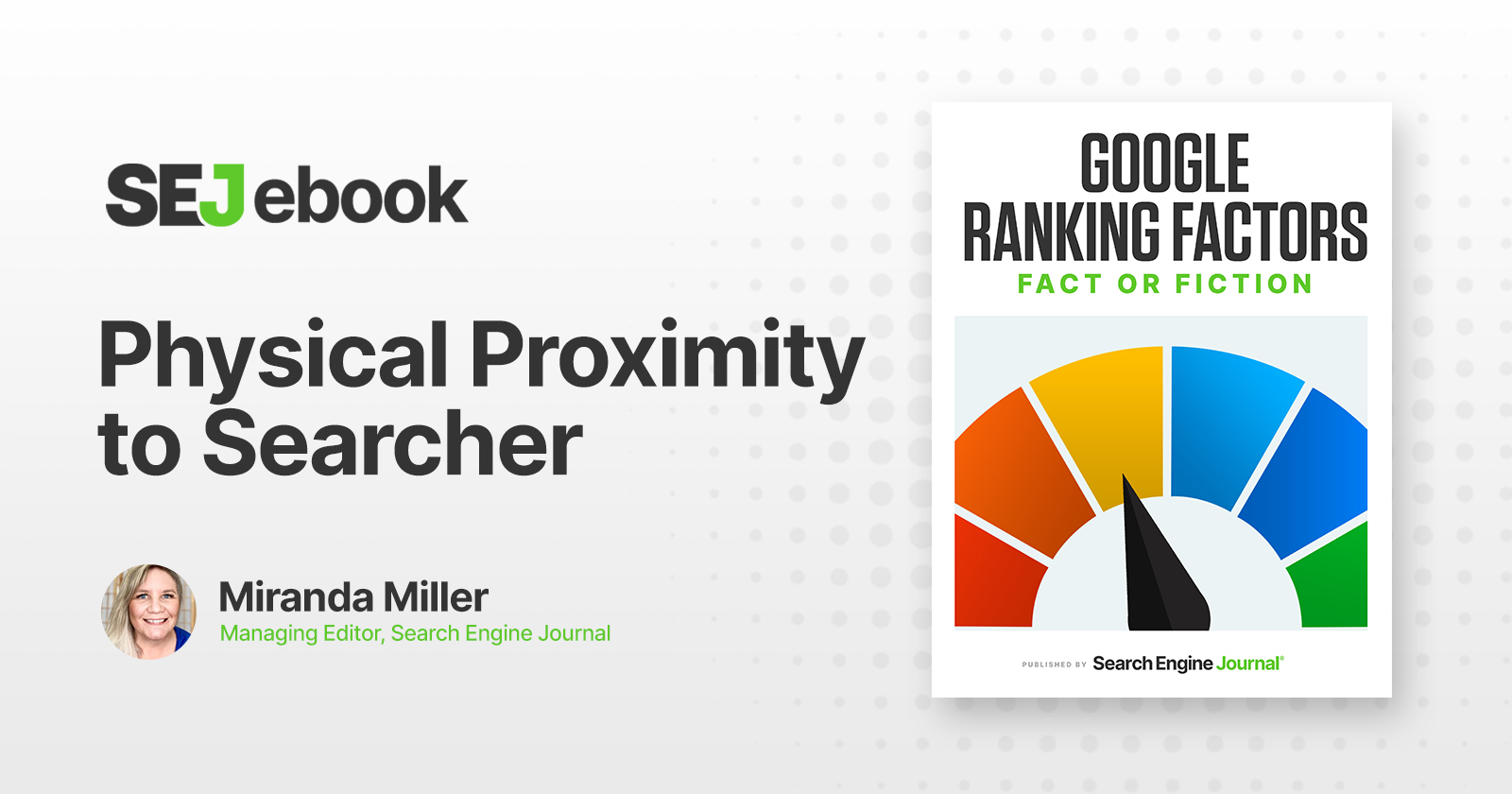How to Build a Strategic Digital Footprint as a Real Estate Business
Real estate businesses without an online presence risk being left behind in today’s digital age. According to the National Association of Realtors, over 90% of home buyers use the internet to search for homes and real estate services. This...

Real estate businesses without an online presence risk being left behind in today’s digital age. According to the National Association of Realtors, over 90% of home buyers use the internet to search for homes and real estate services. This means having a well-designed website, an active social media presence, and high-quality digital content is no longer an option; it’s a must-have.
By taking a proactive approach to their online presence, real estate businesses can connect with more potential clients and build trust and credibility, ultimately leading to increased profitability.
Here are five key strategies to help real estate businesses boost their online presence and stay competitive in this rapidly evolving industry.
1. Identify Your Ideal Customer
Your presence online is only effective if it reaches the right people. Take time to narrow down your target audience. Consider age, gender, education, location, income, family size, hobbies, and interests. This information will help you tailor your marketing efforts to reach the right people.
2. Conduct a Competitor Analysis
Do a thorough analysis of the businesses of your competitors to find out their strengths, weaknesses, and trends. This will help you determine what content consumers are engaging with and what content your business can create on similar topics while focusing on your expertise and benefits—what sets you apart and why consumers should work with you.
3. Develop Compelling Content
High-quality content will showcase the expertise and services that differentiate your real estate business from the competition while informing, educating and entertaining consumers.
This could include:
Blog posts that educate clients on the home buying/selling process and provide them with helpful tips and information.Property listing videos and virtual property tours to give potential clients a more immersive experience.Infographics that visually represent real estate market trends and data in a digestible format4. Utilize Email Marketing and Retargeting Tools
Email campaigns are a great way to keep in touch with leads and show new and old clients that you can be trusted. Effective email campaigns aren’t necessarily all-new content, either. Many successful campaigns either repurpose existing content or direct viewers to high-quality content that already exists.
You can also use retargeting to show ads to potential customers who have interacted with your email campaigns, website, or digital content in the past. This allows you to remind them about your services and encourage them to take action. For example, if you create a custom audience in Facebook Ads Manager, you can serve Facebook and Instagram ads to your email subscribers who haven’t yet converted.
5. Monitor and Evaluate Your Online Presence
Data is a critical component for ensuring the effectiveness of your digital content. Use data analytics tools to identify what’s working well and what isn’t, and then make strategic decisions about how to proceed. For example, if your social media posts aren’t getting much engagement, try posting at different times of the day or incorporating more visual content.
Boosting your real estate business’s online presence is significantly beneficial but takes time and effort. By defining your target audience, creating high-quality content, optimizing your website for search engines and utilizing data analytics to inform your strategy, you can achieve long-term success and make a lasting impact in your local community.

 BigThink
BigThink 






























